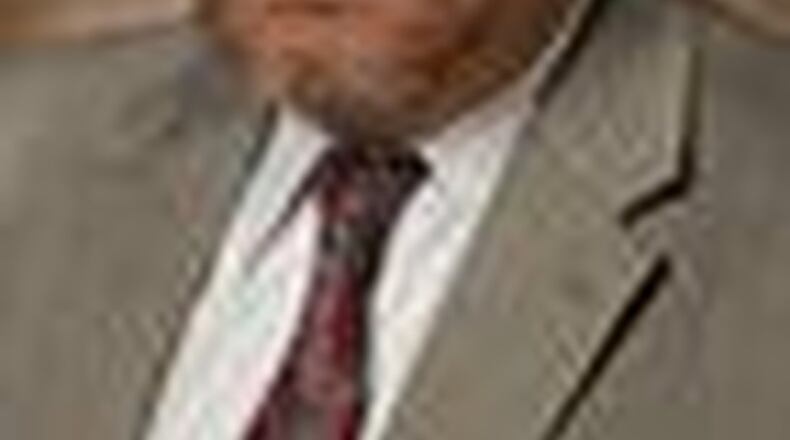He said past injustices have created mistrust between communities of color and police. He says the group acknowledges and apologizes for those actions, but he also says today’s officers are not to blame for the past.
Rodney D. Coates, director of the black world studies program at Miami University, said Cunningham’s comments can heal frayed relations between law enforcement and the communities they serve.
“This is a very courageous statement coming from someone in law enforcement,” Coates said. “For him to say this in such a genuine fashion is a huge first step in creating a dialogue between police and the community.”
Coates said Cunningham’s statement puts him in the mind of the late Archbishop Desmond Tutu’s feeling that “true reconciliation is based on forgiveness, and forgiveness is based on true confession.”
“I think there are some individuals who don’t want to have this conversation and just want to attack police officers and some in law enforcement that won’t like this statement,” Coates said. “But there will be a core of individuals who will read it as it is intended and will be ready to start a conversation. Let’s see where we get to from this.”
Cunningham, who is also the police chief in Wellesley, Massachusetts, received a standing ovation for his comments.
His speech didn’t include any mention of recent police-involved shootings or officers killed in the line of duty, but he did say that the past (including Jim Crow laws/segregation) must not hinder a chance at a better future.
“Overcoming this historic mistrust requires that we must move forward together in an atmosphere of mutual respect. All members of our society must realize that we have a mutual obligation to work together to ensure fairness, dignity, security and justice,” Cunningham told the crowd. “It is my hope that, by working together, we can break this historic cycle of mistrust and build a better and safer future for us all.”
About the Author
